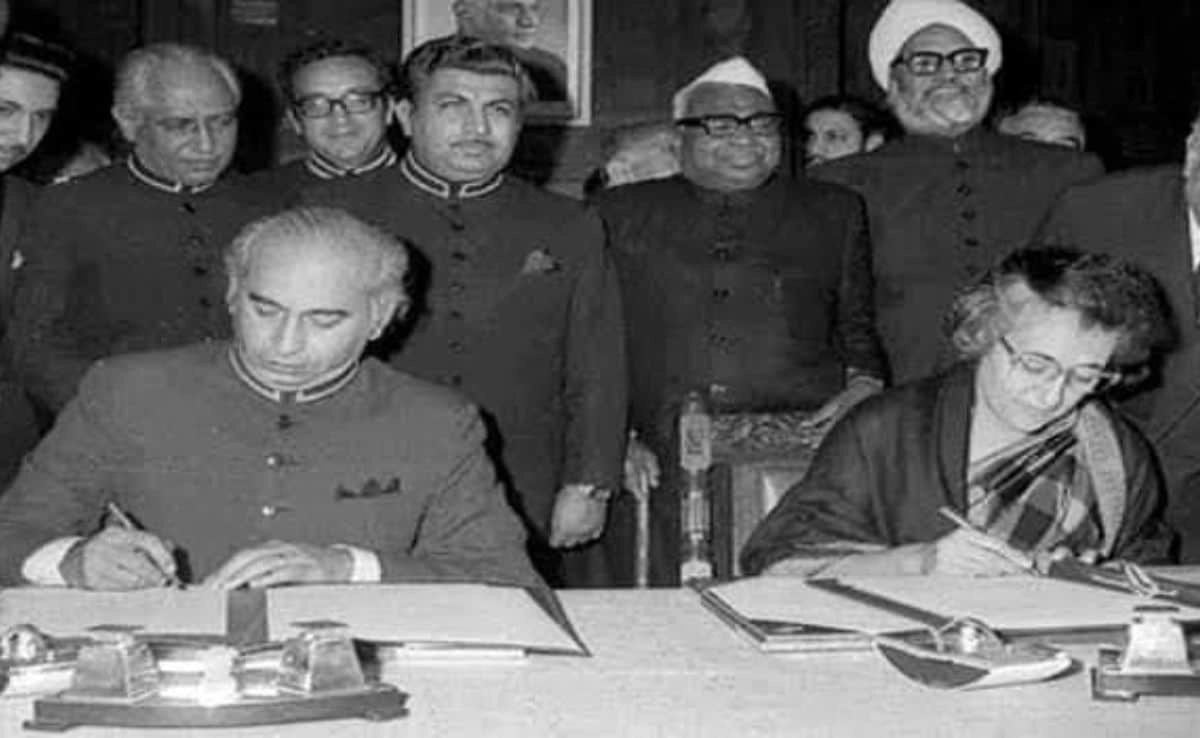The Simla Agreement, signed on July 2, 1972, between India and Pakistan, aimed to establish a framework for resolving issues arising from the 1971 Indo-Pakistani War, which resulted in the creation of Bangladesh. This agreement marked a pivotal moment in South Asian history, as it sought to promote peace and stability in the region through mutual respect for sovereignty, territorial integrity, and the principles of non-interference. One of the key tenets of the Simla Agreement was the commitment of both nations to settle their disputes bilaterally, thereby avoiding third-party interventions and emphasizing dialogue as a means to achieve lasting solutions.
Despite the intentions behind the Simla Agreement, Pakistan has been accused of violating its principles on several occasions. Notably, the continued support of Pakistan for insurgent activities in Kashmir undermines the spirit of bilateralism that the agreement espouses. The Simla Agreement explicitly calls for peaceful resolution and dialogue, yet Pakistan’s actions, including the backing of militant groups and cross-border terrorism, have created significant tensions in the region. These violations not only contravene the commitments made in the agreement but also escalate hostilities, undermining any efforts to foster peace and cooperation between the two nations.
Additionally, the Simla Agreement established that neither country would alter the Line of Control (LoC) in Kashmir unilaterally. However, Pakistan’s military operations and provocations along this sensitive border area have raised serious concerns regarding its adherence to the agreement. By failing to respect the established boundaries and engaging in military actions, Pakistan has not only defied the terms of the Simla Agreement but has also contributed to an ongoing cycle of conflict. This behavior has led to a deterioration of trust and has complicated any potential for constructive dialogue between India and Pakistan.
In summary, while the Simla Agreement was designed to promote peace and bilateral dialogue between India and Pakistan, its efficacy has been undermined by various actions taken by Pakistan that violate its core principles. The continued support for militancy in Kashmir, along with military provocations along the LoC, reflect a disregard for the commitments made under the agreement. As both nations continue to grapple with their historical grievances, it is essential to recognize the importance of adhering to the terms set forth in the Simla Agreement in order to pave the way for a more stable and peaceful South Asian region. Only through genuine commitment to dialogue and respect for bilateral agreements can lasting solutions to the complex issues in the region be achieved.




